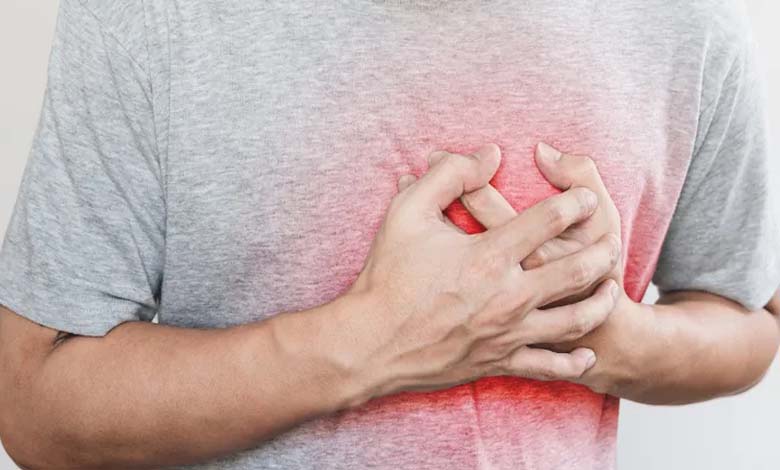Can Dehydration Cause Heart Palpitations?

Heart palpitations refer to a rapid or irregular heartbeat and can be caused by factors such as stress, exercise, or pregnancy. But did you know that dehydration can be a major cause of this phenomenon?
Eric Van Iterson, a specialist in cardiac exercise physiology, explains that dehydration affects the circulatory system and increases blood pressure, making it harder for the heart to pump blood, which can lead to a faster or irregular heartbeat.
-
What Role Does “Hyperhydration” Play in Athletic Performance?
-
How to Maintain Proper Nutrition for Seniors?
Additionally, dehydration can cause an electrolyte imbalance in the body, placing extra strain on the heart and disrupting its normal rhythm.
If your heart palpitations are caused by dehydration, you may also experience additional symptoms such as:
- Constipation
- Dark urine or decreased urination frequency
- Dizziness or lightheadedness
- Dry mouth
- Fatigue and headaches
- Muscle cramps and nausea
-
5 Signs Your Heart Needs Rest
-
Study: These medications may cause sudden heart attacks in users
You can determine whether dehydration is the cause of your heart palpitations by considering your recent activities, such as not drinking enough water or engaging in excessive exercise.
If dehydration is the culprit, drinking water can quickly improve your condition. If you’ve lost fluids due to exercise, vomiting, or diarrhea, beverages containing electrolytes may be more effective.
-
“Menopause”: Symptoms That May Appear in Your Thirties
-
How to check for cardiac health without equipment
If your symptoms don’t start to improve after drinking water or an electrolyte-rich drink, or if you experience additional symptoms like chest pain or difficulty breathing, you should seek medical attention immediately.
Dr. Van Iterson warns that severe dehydration may require emergency treatment. He states, “If symptoms don’t improve quickly, you may need urgent medical care, such as intravenous fluid administration.”
To prevent dehydration and its effects on the heart, Dr. Van Iterson advises consulting a healthcare provider for personalized hydration recommendations.












